Few things seem to gall President Donald Trump more than Federal Reserve Chair Jerome Powell’s disregard for his views on interest rates. The status quo, where Trump allows Powell to serve out his term until next May, feels untenable, with the president venting grievances and chafing at restrictions on his executive power.
What happens next to the Fed may hinge on a counterintuitive question: Can temperate voices persuade Trump that the central bank’s insulation from immediate political pressures — from him — is actually good for him?
Some of Trump’s allies have been making that case to me, and likely to him as well. However exasperating Trump finds the Fed’s independence, these supporters see political value to the president in having some distance from the central bank.
The idea that Trump is persuadable on this point might seem especially far-fetched this week, after he floated the idea of firing Powell to a group of House Republicans, even reportedly showing them a draft letter that would complete the task.
Markets dropped on Wednesday as they digested the possibility that Trump might really try to remove the Fed chief, a move he has been actively considering.
But he walked it back soon after. It is a cycle we’ve seen before. (My colleague Megan Messerly and I reported that Treasury Secretary Scott Bessent talked Trump down from a springtime anti-Powell eruption.)
And here we are: Trump still has not yet tried to fire Powell.
It’s legally questionable whether he really could, and the Supreme Court hinted recently that it might shield Powell from such a move. Trump is also aware of the financial instability it would create to attempt to punish the chair so directly for not cutting interest rates.
That would suggest, at minimum, that he understands the need for the Fed chair to have credibility with markets. But is that enough to make him pick a person to succeed Powell who has pledged some level of independence?
Some of the president’s allies are arguing in private that having a Fed chair who is not simply a yes man is a way to help head off the kind of damaging inflation that sank Democrats in 2024. That is, investors and businesses have to believe that the central bank is willing to do what’s necessary to avoid inflation, even if that means higher rates.
One of the lessons from the 1970s, when President Richard Nixon successfully pressured then-Chair Arthur Burns to keep rates low — and a dramatic lesson from Turkey — is that lowering rates in response to political pressure can lead to higher inflation and force even higher rates down the road.
JPMorgan Chase CEO Jamie Dimon made a similar point on Tuesday when I asked him if he was worried about risks that might arise from a less autonomous Fed.
“The independence of the Fed is absolutely critical, and not just for the current Fed chairman, who — I respect Jay Powell — but for the next Fed chairman,” Dimon said to me and other reporters on a call shortly after his bank announced earnings. “Playing around with the Fed can often have adverse consequences, the absolute opposite of what you might be hoping for.”
It’s also a theme I’ve heard on Capitol Hill.
“The independence of the Fed chair may very well come back and help the administration as the economic growth improves with the policies being implemented,” Sen. Mike Rounds (R-S.D.) told me recently.
Trump clearly doesn’t fully buy into this idea, but it’s an open and critical question whether he buys into it at all. At the very least, his administration still feels the need to publicly endorse the Fed’s freedom to set policy as it sees fit.
“Everybody at the White House understands the independence of the Fed is super important,” National Economic Council Director Kevin Hassett, himself a top candidate to replace Powell, said on NBC Wednesday evening. When central banks lose their independence, Hassett said, “it’s bad for the economy and bad for markets.”
There’s also another classic reason for presidents to like Fed independence: It gives them a scapegoat if the economy goes south.
The expectation from investors is that anyone Trump picks will be more receptive to his calls for lowering borrowing costs than Powell is, though there is a wide spectrum of ways that could play out in practice. Certainly, regularly communicating with the president seems to be a baseline expectation.
The short list for now is Hassett; former Fed board member Kevin Warsh; Bessent, and current Fed board member Chris Waller, people familiar with the deliberations have told me and my colleague Rachael Bade. The two Kevins are seen as the frontrunners, and Trump said this week that he likes Bessent better where he is at Treasury.
All four candidates have suggested that rates should be lower. They likely differ in how low and how fast. It’s not an unusual view among economists that the Fed should consider moving later this month rather than waiting until September, with signs that the economy might be slowly weakening and inflation only slightly above 2 percent.
Even Powell is forecasting that the Fed will cut rates this year, though he’s in no rush to do so, citing uncertainty around how tariffs will play out in the economy.
But Trump has called for rates to be dramatically lower, and it’s unclear whether any of the frontrunners to replace Powell have such large cuts in mind. Hassett didn’t dismiss the idea in the NBC interview Wednesday but didn’t endorse it either.
Trump’s preferred rate might be hard to achieve for any Fed chair.
Powell is only one of 12 people who vote on monetary policy, and a future central bank leader who is viewed merely as a stooge of the president might have a harder time making an intellectual case to the rest of the committee.
This is also a point that people in Trump’s circle have brought up to me, and the president himself recently posted on Truth Social that those other Fed officials are “equally to blame” for rates staying high.
But a new Fed chief could — under current economic conditions — easily make the case for smaller, more gradual cuts, with Trump’s influence potentially leading rates to go lower than they otherwise would.
Julia Coronado, who is president of the Wall Street consulting firm MacroPolicy Perspectives, argued that any Trump pick for the job will be viewed by markets as having less inflation-fighting credibility than prior Fed chairs since Paul Volcker.
“It’s too strong to say [the Fed’s independence] is the dam that hasn’t broke, because it doesn’t look good,” she said.
But if Trump tries to kill off that independence entirely, he might not love the world he ends up with. The Fed’s future will be determined by whether he heeds that warning.
.png)

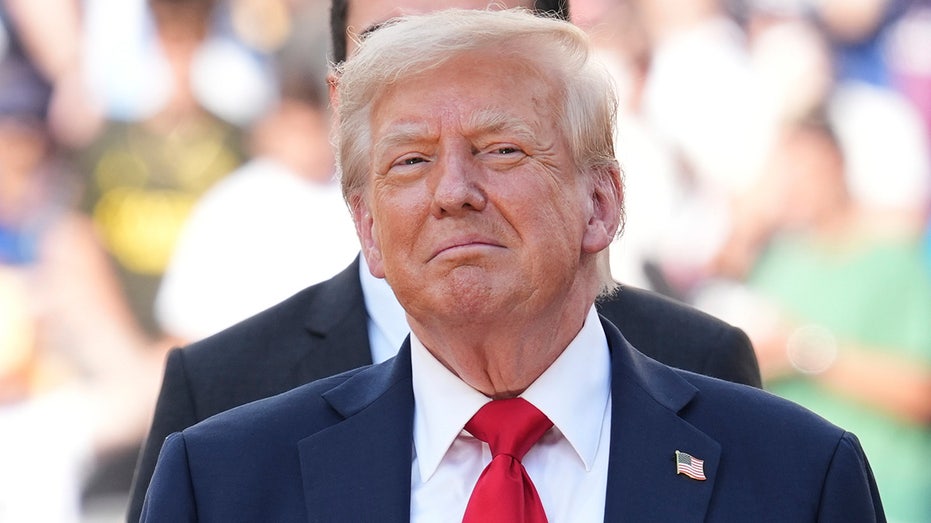

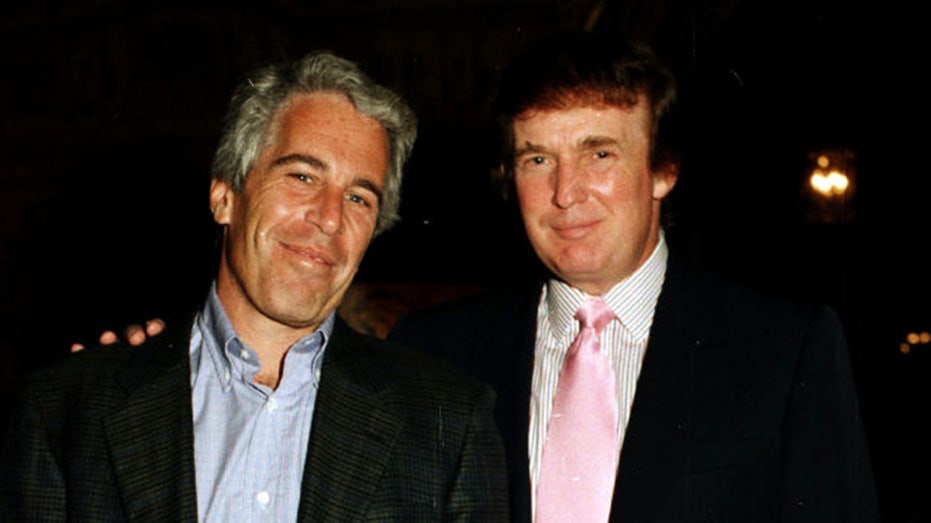



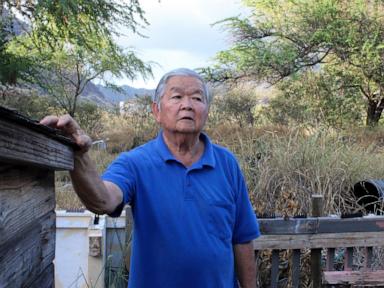
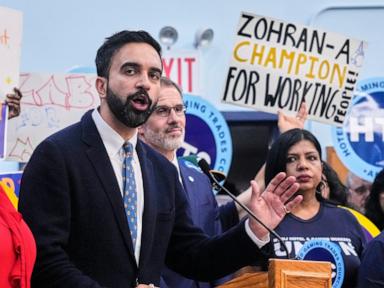


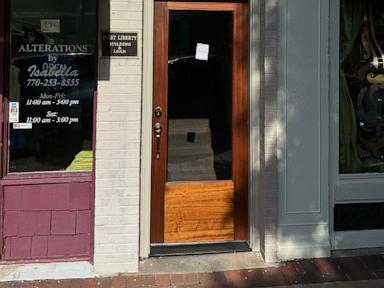

 English (US)
English (US)